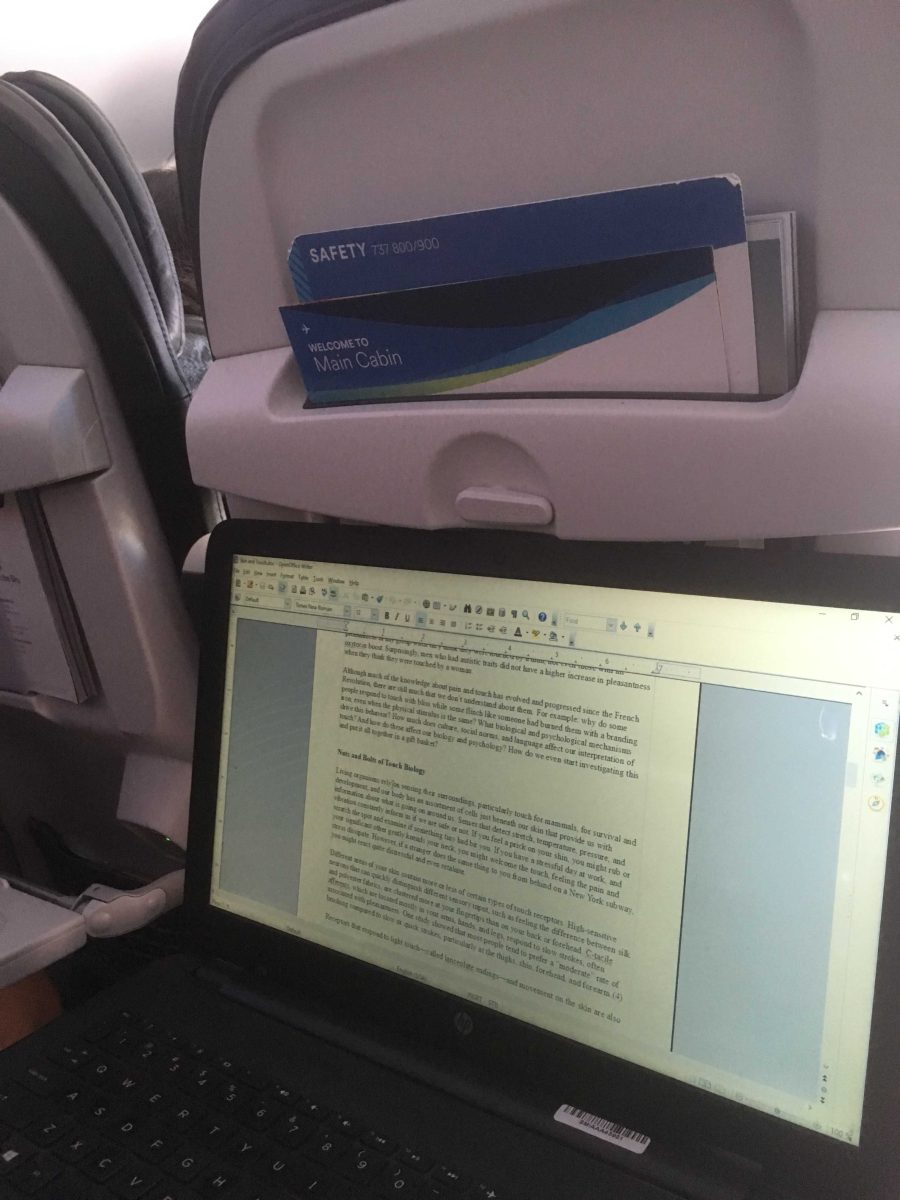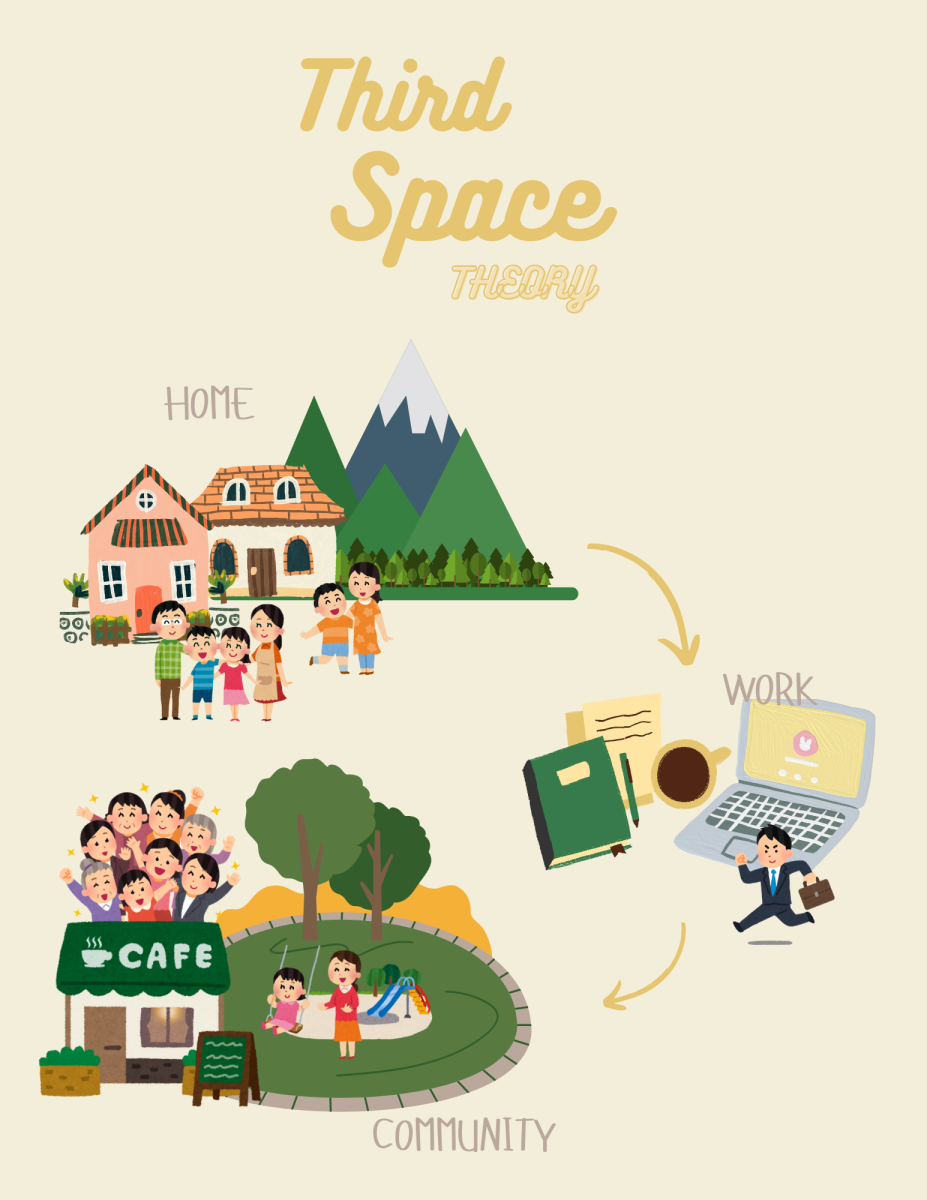Working from home became a social norm in 2020. If you have a job that you perform remotely without needing to go to an office or a job site, companies should give you the option of working remotely rather than requiring you to work on site.
During the COVID-19 pandemic, some major companies downsized office space and allowed most workers to work from home. For example, Spotify, whose headquarters is based in Lower Manhattan in the World Trade Center, allows its employees to work remotely from anywhere—even in another state.
Ford, Target, Upwork and many companies also followed the digital nomadic path, leaving many office buildings in major cities, like New York City and San Diego, mostly empty, vaguely resembling a zombie apocalypse.
There are three major benefits of working from home:
1. No commuting.
Working from home or somewhere close to home leaves less carbon footprints as well as saving time and fuel costs. Upwork reported that people who work from home saved an average of nine days a year from commuting and more than $4,300 a year from commuting expenses.
Economics Professor Robert Gordon at Northwestern University said in an interview with UCLA that productivity will increase because “we’re getting the same amount of output without commuting, without office buildings, and without all the goods and services associated with that.”
2. Family time.
For some parents, working from home means spending more time with their children than they were able to pre-pandemic.
In Japan, fathers who telework have been spending more time with their children and sharing more domestic responsibilities at home during the pandemic. Even with the extra help, two-thirds of the Japanese women who responded to the Japanese national survey said that their workload at home had increased by one or more hours a day last summer.
This may apply to other cultures, including here in the U.S.
3. Freelancer for hire.
If you are a freelance worker, like a journalist or graphic designer, companies are much more likely to hire you. Business Wire reported that before the pandemic, about 17% of executives would hire independent talents who work remotely.
By May of 2020, nearly every project was done remotely, and the requests for such work has increased by 335% across many industries, such as marketing, communication technologies, city planning and cybersecurity.
For these companies, hiring freelancers saves them money from overhead costs, such as training, equipment and benefits.
Daniel Pinto, Co-President and Chief Operating Officer of JP Morgan, said in February on CNBC that there is a “zero chance” of having everybody return to the office 100% of the time. But likewise, there is also a zero chance of having everyone work from home.
Companies and workers must compromise on what works best for each person and the department. Not everybody wants to relive the 9-to-5 routine five days a week.













